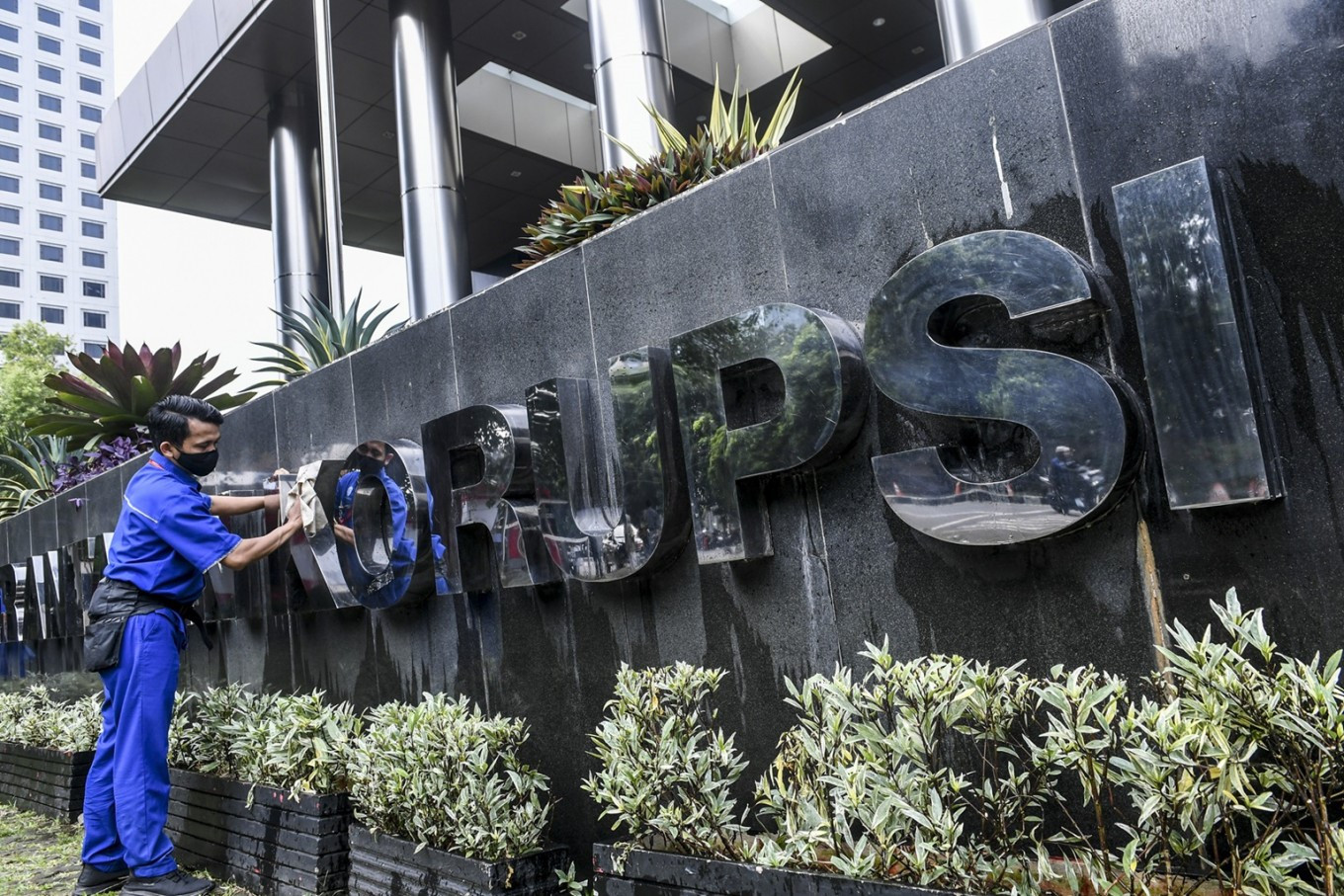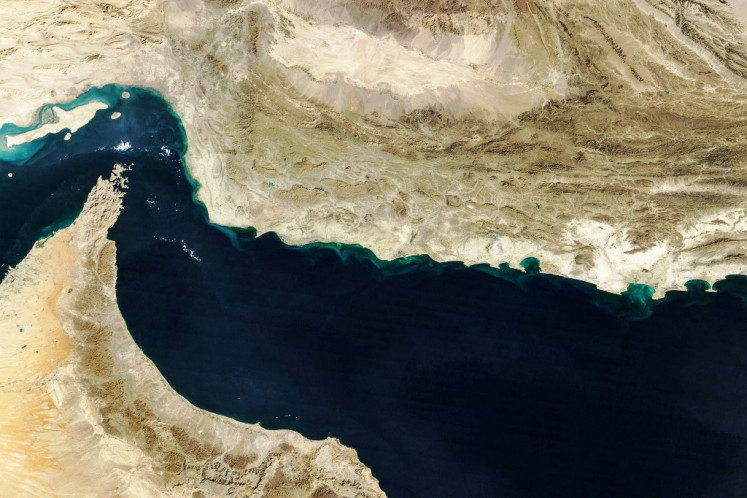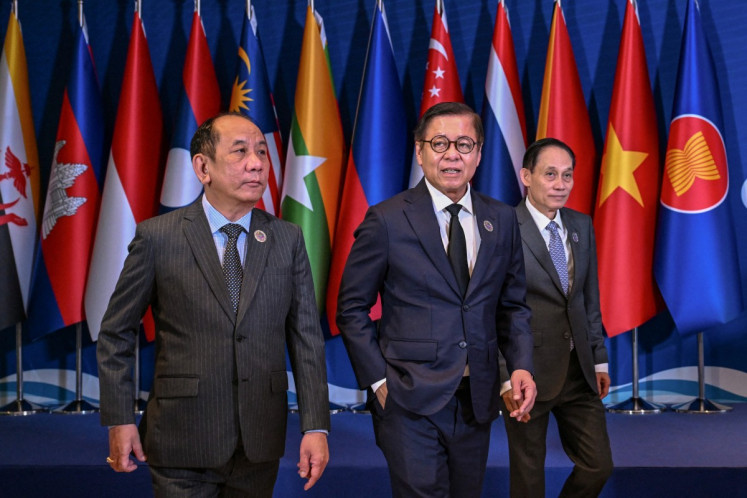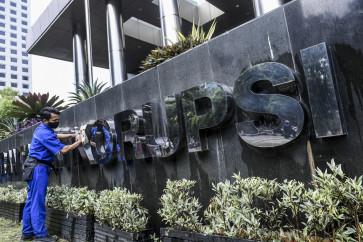Popular Reads
Top Results
Can't find what you're looking for?
View all search resultsPopular Reads
Top Results
Can't find what you're looking for?
View all search resultsAnalysis: The high-risk selection of new KPK leaders
Change text size
Gift Premium Articles
to Anyone
T
he selection process of new Corruption Eradication Commission (KPK) leaders has entered the penultimate phase, marked by submission of a shortlist of 10 candidates to President Joko “Jokowi” Widodo on Oct. 1. However, controversies remain, ranging from questions about Jokowi’s dominant role in the selection despite the fact that he will soon leave office, allegations of political interference, to doubts over the candidates’ qualifications.
How the political elites address such problems will be critical not only for the future of the KPK, but also the country’s fight against corruption in general.
The 10 remaining candidates are Supreme Audit Agency (BPK) deputy chairman Agus Joko Pramono, former Indonesian Ombudsman member Ahmad Alamsyah Saragih, Central Kalimantan Police chief Insp. Gen. Djoko Poerwanto, former KPK prosecution director Fitroh Rohcahyanto, Supreme Court justice Ibnu Basuki Widodo, former Election Organization Ethics Council (DKPP) member Ida Budhiati, incumbent KPK commissioner Johanis Tanak, National Police Commission (Kompolnas) member Poengky Indarti, Jakarta Financial Management Agency (BPKD) head Michael Rolandi C. Brata and Agriculture Ministry’s inspector general Comr. Gen. Setyo Budiyanto.
Observers believe the candidates reflect President Jokowi’s interests in the next KPK leadership given that they are dominated by individuals with experience in the legal justice system, such as police officers, prosecutors, judges and auditors. Ideally, the KPK should be led by civil society group figures and professionals in order to maintain the KPK’s independence and eliminate conflicts of interest.
Reports of political interference during the selection process have circulated. President Jokowi, for example, had reportedly asked the selection committee to remove former Indonesian Democratic Party of Struggle (PDI-P) politician Johan Budi from the roster upon request of president-elect Prabowo Subianto, an allegation which Jokowi has denied.
After receiving the shortlist from the selection committee, the President is supposed to submit the names to the House of Representatives, which will elect five of the 10 candidates. The election will be conducted by the House Commission overseeing legal, human rights and security affairs, after an interview with the candidates. The elected KPK leaders will be inaugurated by end of December.
Regarding Jokowi’s role, the Indonesian Anti-Corruption Community (MAKI) insists that the outgoing president has no authority to submit the list of KPK leader candidates to the House as stipulated in the Constitutional Court ruling No. 112/2022, which says the power to select and recruit the 2024-2029 KPK leaders rests with the new government.



















